Nutritionists have long touted the health benefits of fish oil for humans, but did you…
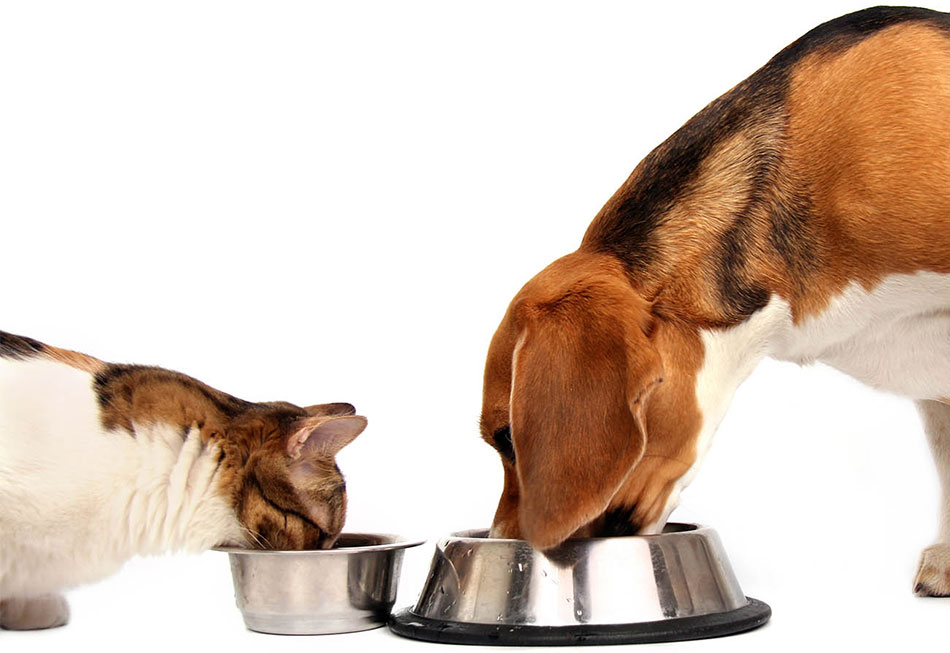
Do Dogs & Cats Need Taurine In Their Food?
If you’re a nutrition-conscious pet owner, you have probably heard of taurine before. But maybe you don’t know exactly what taurine is or how important it is for cats and dogs.
Taurine is an amino acid that is vital to the healthy function of both species. Without getting too scientific, amino acids result when proteins are broken down. In other words, when your cat gobbles down some freeze dried chicken hearts, that yummy treat is digested into amino acids (among other nutrients).
Amino acids serve many functions for a pet’s body, and taurine in particular helps to maintain good vision, promote a strong immune system, facilitate cardiac health and more. So you can imagine why taurine deficiency in cats and dogs can be so dangerous.
In this post, Freeze Dry Australia wants to answer your most pressing questions about the issue. We’ll start by comparing the differences in taurine needs for cats and dogs, and then show you easy ways to ensure that your pets are getting the taurine they need to stay healthy.
Contents:
- How Much Taurine Do Cats Need?
- Can Cats Have Too Much Taurine?
- Do Dogs Need Taurine?
- Can Dogs Have Too Much Taurine?
- Where is Taurine Found Naturally?
- What Food Has The Highest Amount of Taurine?
- Add More Taurine To Your Pet’s Diet With Freeze Dried Food
- Browse Our Entire Selection of Healthy Pet Foods and Treats
How much taurine do cats need?
According to one study, cats who eat at least 39 mg of taurine per kilogram of body weight will be getting what they need to maintain healthy bodily function. For the average housecat, this equates to about 160 mg of taurine every day.
Taurine is an essential amino acid for cats. When nutritionists use the term “essential”, they mean that the amino acid must be consumed directly in food or supplements.
You see, a cat’s body (and every animal’s) can produce some amino acids from other nutrients. However, cats cannot manufacture taurine in this way. Since it is an essential amino acid, you have to ensure that taurine is in your cat’s regular diet. Otherwise, you run the risk of taurine deficiency.
In cats, taurine deficiency can lead to…
- Increase in cavities and tooth decay
- Excessive shedding and loss of fur
- Illness and infection caused by a weakened immune system
- Permanent blindness due to retinal damage
- Enlarged heart and congestive heart failure
- Digestion issues, including fat sensitivity and diarrhea
- And more
Taurine is especially important for young kittens and pregnant cats. If newborn kittens are deficient in taurine, their growth may be stunted and they might miss important developmental milestones. When a pregnant mother cat suffers taurine deficiency, the problems can be passed on to her gestating kittens. Dangers range from reduced birth weights to smaller litters to birth defects.
taurine doesn’t create protein in cells but it does play many other important roles. – Royalcanin.com
Can cats have too much taurine?
The good news is that you don’t have to worry about your cat overdosing on taurine. There has never been a documented case of a feline ingesting toxic levels of taurine. Your only concern, then, is ensuring that your cat gets enough of this essential amino acid in their regular diet.
Before the 1980s, taurine wasn’t yet recognized as an essential nutrient for cats. Since then, however, most commercially produced cat foods and treats contain taurine. Just check the nutrition facts to ensure your kitty is getting enough.
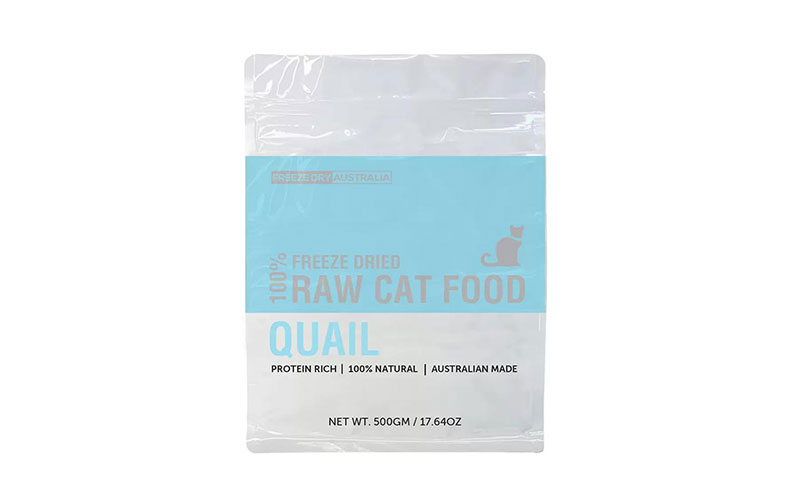
Do dogs need taurine?
While the science isn’t quite as settled as it is for cats, taurine is still an important amino acid for dogs. In dogs, taurine keeps the brain healthy, improves the function of muscles and regulates the flow of blood—among other uses.
Unlike cats, though, dogs are able to synthesize taurine from other nutrients. It is a nonessential amino acid for them, so they don’t need to consume it as part of their diet. A dog’s body still needs taurine to function properly. It’s just not as high of a priority as for cats.
That being said, dogs can still suffer from taurine deficiency. In dogs, the primary concern is dilated cardiomyopathy (or DCM). This life-threatening condition results in a thinning of the heart muscles and enlargement of the heart chambers. DCM has long been a worry for cats, but recent research suggests that taurine deficiency may be one way that dogs end up with the condition as well.
Taurine deficiency in dogs is often tied to non-traditional diets, such as dogs who are fed vegan or vegetarian diets. Since taurine is a nonessential amino acid, however, scientists are still trying to determine if diet is only a secondary cause.
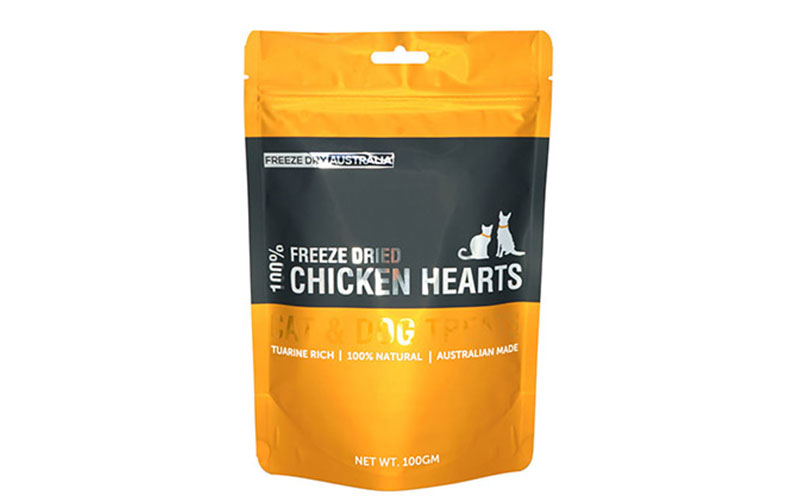
Can dogs have too much taurine?
Just like for cats, there is no scientific evidence suggesting that dogs can overdose on taurine. Whether you are giving it to them in their food or as a supplement, you don’t need to worry about giving your pooch a dangerous amount.
Taurine is an organic osmolyte involved in cell volume regulation – NCBI
Where is taurine found naturally?
Taurine is an amino acid that is primarily found in foods that come from animals. It is found in largest concentrations in meats, poultry, fish and shellfish. But it can also be provided by consuming eggs, milk, cheese and other animal byproducts.
As you make a plan for getting your pet the right amount of taurine in their diet, it is worth considering how cats and dogs would consume this amino acid naturally in the wild.
A cat’s diet in the wild consists primarily of rodents, birds, fish and insects. They don’t just eat the meat, but will often enjoy bones and offal (organ meats). Cats are hunters by nature, so you can see that a wild cat’s diet is full of animal products. They are used to getting plenty of taurine.
A dog’s diet in the wild consists of quite the variety. Although they prefer to eat the meat and bones of rodents like squirrels and rats, they will also eat vegetables and fruits. Dogs are omnivorous, so in the wild they are still likely to get taurine from their diet unless there is a shortage of prey or carrion in the area.
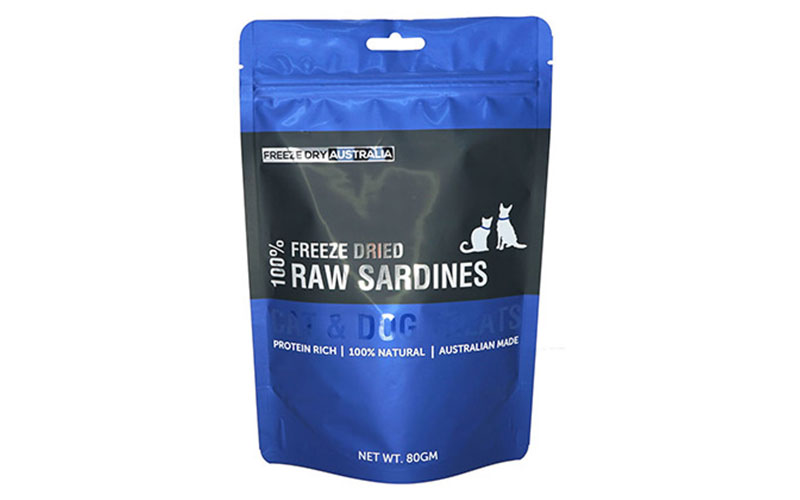
What food has the highest amount of taurine?
It’s hard to say what has the absolute highest taurine, especially when you consider portion sizes. For example, some types of seaweed can boast as much as 1,300 mg of taurine per 100-gram serving. But that’s an awful lot of seaweed to be eating!
Scallops also come in pretty high, at about 830 mg of taurine per 100 grams. However, most pet owners don’t have the budget to be feeding their pooch scallops regularly.
So let’s look at some different categories of foods to see how taurine levels compare in each. That way, you can choose options that fit your pet’s unique tastes.
Note: All values indicate taurine per 100-gram serving and are rounded to the nearest 10.
Meat
- Beef liver: 70 mg
- Beef heart: 60 mg
- Beef: 40 mg
- Lamb: 40 mg
Poultry
- Turkey, dark meat: 310 mg
- Chicken liver: 110 mg
- Chicken, dark meat: 80 mg
- Turkey, light meat: 30 mg
- Chicken, light meat: 20 mg
Fish
- Tilapia, dark meat: 650 mg
- Sardine: 150 mg
- Whitefish: 100 mg
- Tilapia, white meat: 80 mg
- Tuna: 40 mg
Shellfish
- Scallops: 830 mg
- Squid: 360 mg
- Clams: 240 mg
- Oysters: 70 mg
- Mussels: 40 mg
Taurine has important functions in the heart and brain, and it also helps support nerve growth. – Webmd
Add more taurine to your pet’s diet with freeze-dried food
Because of its importance to a healthy life for dogs and cats, most companies add taurine to their canned or kibbled foods. However, as much as 50% of this taurine is lost in the cooking and canning process.
One way to preserve more taurine is to use freeze-drying to preserve raw pet food. Freeze Dry Australia’s process results in the least amount of vitamins and nutrients being lost, including taurine.
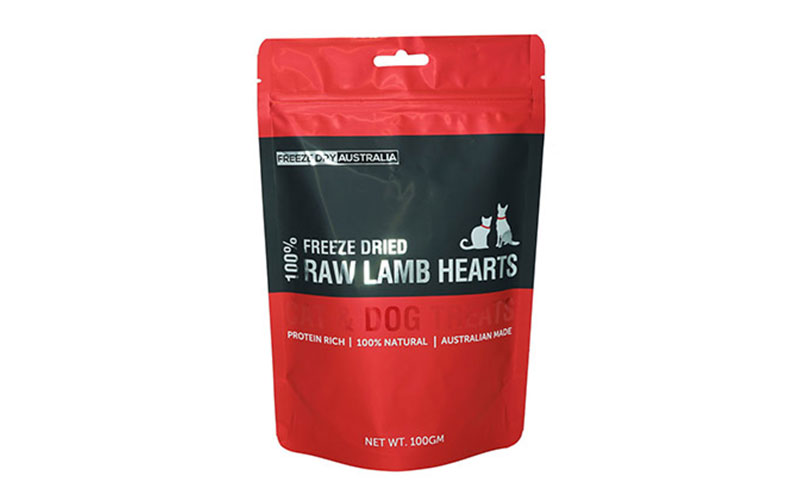
If you’re looking for healthy treats to sneak more taurine into your pet’s diet, here are some of our favorites:
Freeze Dried Chicken Training Treats
Our Freeze Dried Chicken Training Treats are made from 100% chicken breast and chicken thigh. Although all meat contains some taurine, the dark meat is where it is concentrated. These treats are bite-sized too! They’re the perfect snack for training cats and dogs without spoiling their next meal.
Freeze Dried Whole Sardines
Raw sardines aren’t just a great source of taurine, they also provide Vitamins B3, B12 and D—as well as omega-3 fatty acids! Each 80-gram pack of our Freeze Dried Whole Sardines contains 4 to 7 sardines, so they make for an ideal occasional snack to vary things up for your kitty.
Freeze Dried Beef and Sardine Balls
If you want to capitalise on the high taurine content of sardines with something a little more bite-sized, give our Freeze Dried Beef and Sardine Balls a shot. Dogs and cats will both go nuts for them. In addition to sardines, they also contain beef kidney and liver, which are high-taurine organ meats.
Browse our entire selection of healthy pet foods and treats!
That’s just a small selection of Freeze Dry Australia’s product line. Try a large variety—including duck, lamb, quail, crocodile, kangaroo and more—to find what your cat or dog likes best.
No grains. No preservatives. Just 100% deliciousness, produced in our state-of-the-art facility right here in Australia. Browse our full line of freeze-dried pet foods today!
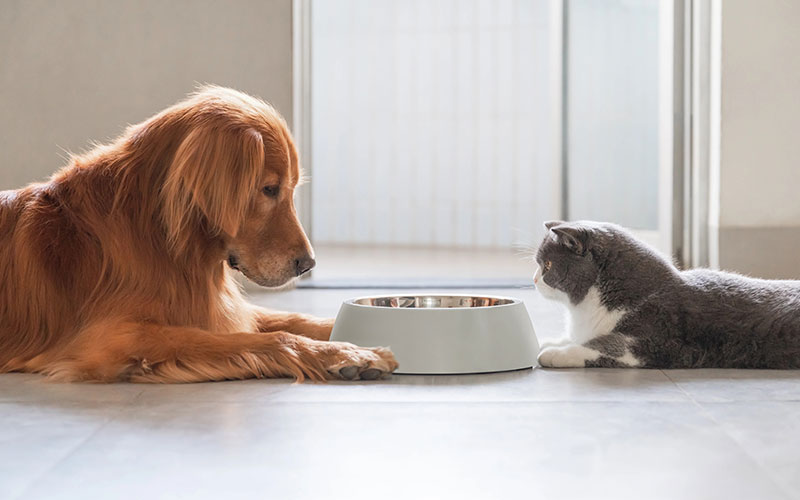
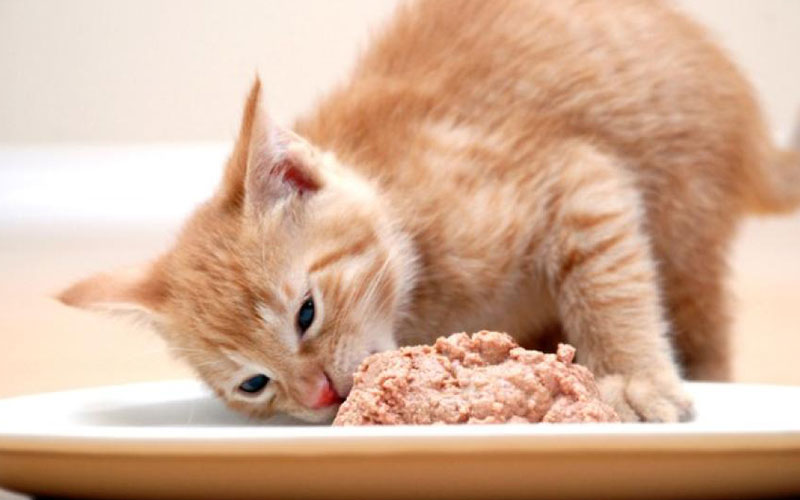
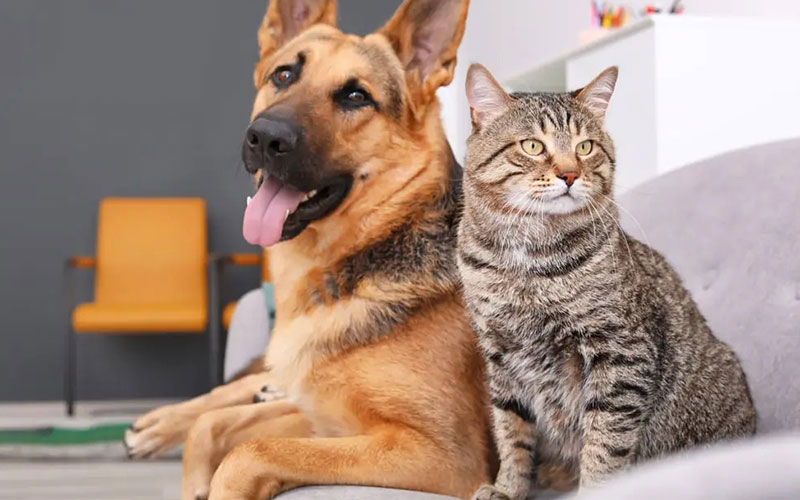
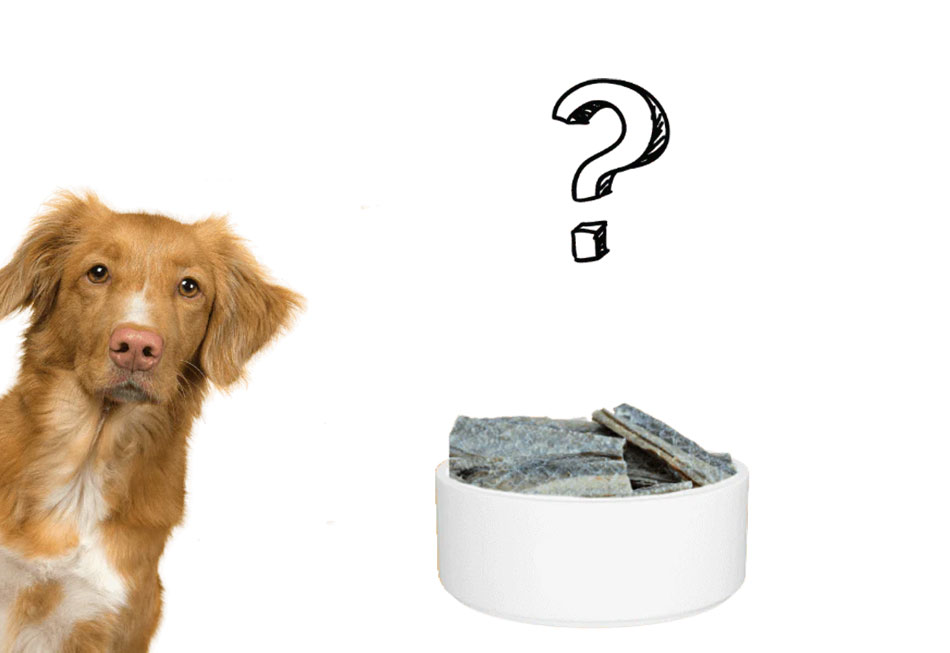
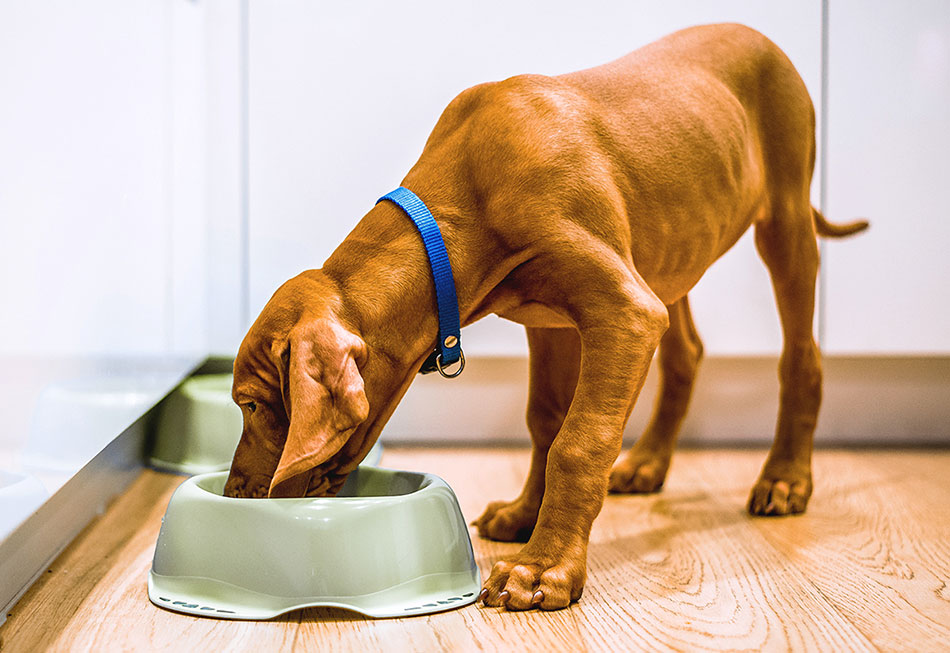

This Post Has 0 Comments